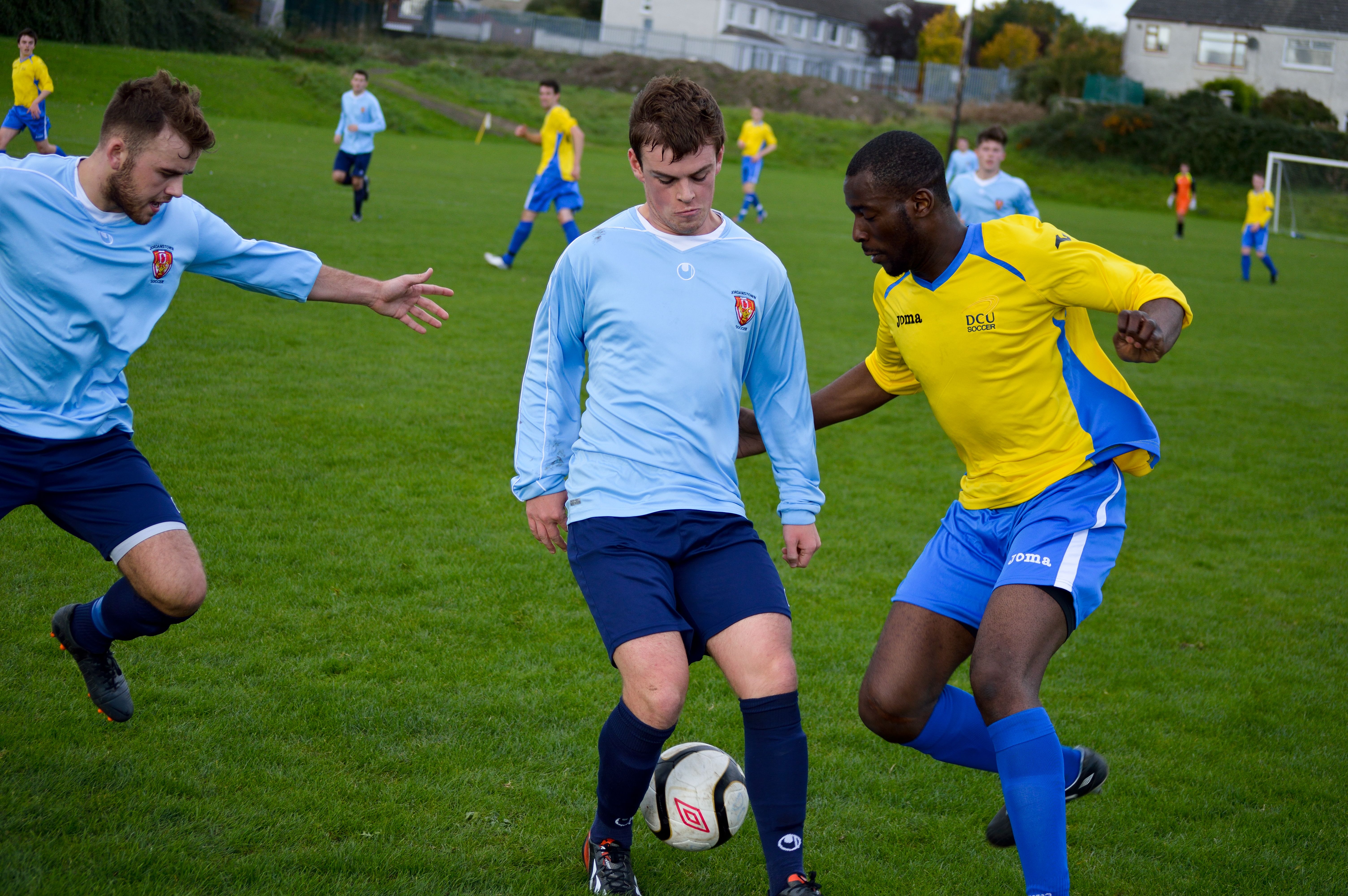
A public meeting in a County Donegal hotel was suddenly interrupted by an announcement from the adjoining room; the kid’s meals were being served an hour earlier than planned.
More than 20 mothers, fathers and siblings jumped from their seats. Their children have type 1 diabetes and their insulin needed to be adjusted to allow for this unexpected meal.
Hotel staff had also prepared orange juice for the kids’ meals, but an eagle-eyed babysitter spotted that it was not sugar-free. Without prior knowledge of diabetes, staff could not have known about the potentially serious error.
When a child is diagnosed with diabetes, parents must completely readjust their lives to control the condition. A vital point of education and advice is the Paediatric Clinical Nurse Specialist (CNS). However the HSE’s National Service Plan 2014 has put access to Donegal’s CNSs at risk.
The Service Plan made arrangements for an Integrated Diabetes Care Programme. This would dramatically change the positions of Letterkenny General Hospital’s two existing CNSs.
In the coming weeks, one nurse will be stationed within the community while the other will attend to all of those who have diabetes at the hospital.
Parents are terrified that their children will suffer under the reduced service of a time-poor nurse who must also care for the 5,300 adults in Donegal with diabetes. They launched a campaign to highlight this issue, combining petitions, protests and a public meeting last weekend.
These parents want something to which their children are entitled; a dedicated Paediatric nurse to monitor the chronic condition of type 1 diabetes.
A 2008 HSE Diabetes Expert Advisory Group Report recommended that one Paediatric CNS should exist for every 100 diabetic children. Donegal has 144 children with the condition, meeting the criteria for 1.5 CNSs.
It is a terrifying experience to learn that your child has diabetes, said Paul Gillespie, whose daughter Eimear was diagnosed in 2006. “We were afraid to take her out of the hospital in case anything happened,” he said.
“The first week or two is a nightmare trying to learn what it is going to entail for your child for the rest of her life because unfortunately, there is no cure. It would be great if we had proper support from the hospital, but we just don’t have it,” he added.
Children with type 1 diabetes require daily multiple injections of insulin to prevent cells in the pancreas being destroyed. If uncontrolled, they become ‘low’ and suffer a hypoglycemic episode which can lead to dizziness and shakiness.
There is not even a room in the Paediatric ward of Letterkenny General Hospital for parents to learn about diabetic care.
“Parents should not have to learn about the risks of hypoglycaemia in a hospital corridor,” said Danny McDaid of the National Council for Diabetes.
Karen McGee’s world was turned upside down in 2009 when her eldest child Rachel became ill with diabetes. She recalls leaving Rachel in the hospital waiting room so she could use the bathroom. By the time Karen had returned, Rachel had been taken to ICU to ensure that no major damage was done to her organs, such was the severity of her condition.
Karen’s second child was diagnosed with diabetes one year later. She said that teachers, bus drivers, and other adults who work with her children all go out of their way to monitor them.
“They have a duty of care to look after the child in front of them,” she said, “the most important duty of care we need is from our hospital, and we’re not getting it.”
Karen paid tribute to the strength of Donegal’s 144 children with diabetes. “They deserve the best chance at life,” she said, “what we want is fair and equal care.”
The HSE spends 10 per cent of its entire budget on diabetic care. The majority of this is on complications arising from unmonitored diabetes: amputations, eye problems and kidney failure.
Sinn Fein’s Finance spokesperson Pearse Doherty TD said that he cannot fathom why a dedicated Paediatric CNS does not exist in Letterkenny to educate parents and prevent complications. “It is not only life-saving, but it saves money for the state eventually. We need to cut the bull to find out who is responsible,” he said.
The aspiration of Donegal’s parents to have adequate CNS access is not nonsense, Doherty said. “It is not an aspiration that your child doesn’t become hypoglycaemic. It is not an aspiration that your child doesn’t go into a coma.”
Through the National Service Plan, the HSE’s emphasis on enhancing future services for type 2 diabetes care in Letterkenny has pushed type 1 care into the shadows, said Fine Gael TD Joe McHugh.
McHugh has proposed a meeting with the Health Minister at Dáil Eireann in the coming weeks. The parents will present Minister Reilly with a petition of more than 8,000 signatures.
While pleased with the cross-party support for their cause, parent representative Paul Gillespie is annoyed that they must sit through further meetings. The campaign for a dedicated CNS has been “soul-destroying”, he said.
“We need to move this forward, we need good news, and we need urgent action.”
Rachel McLaughlin




Leave a Reply